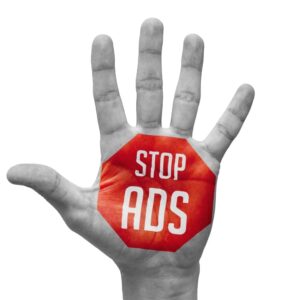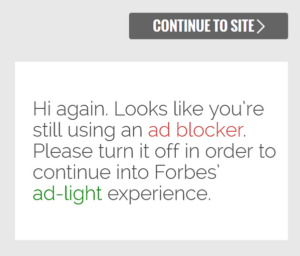 “Geddon” can be a scary when appended to any word, especially when it’s a word we are all familiar with. This usually is indicative of something about to, or that already already did, go wrong.
“Geddon” can be a scary when appended to any word, especially when it’s a word we are all familiar with. This usually is indicative of something about to, or that already already did, go wrong.
Take for example, the most recent development of this, mobilegeddon. Before Google released their mobile-friendly algorithm update on April 21st, 2015 people were scrambling to make their websites mobile-friendly.
The panic caused many site owners to create a mobile version of their site in an effort to avoid any penalty that the search Gods may wreak upon their sites. Unfortunately, some took shortcuts so their sites were not truly responsive; many still did not pass Google’s mobile-friendly test.
Fast forward a few months to yesterday, when a conversation on Twitter took place between Jennifer Slegg and Laura Crest. This dialogue caught my attention and sparked the thought process for this post:
If you use an ad blocker, @Forbes will no longer allow you to view articles. Their “ad-light” experience? 14 ads. pic.twitter.com/VzDCrzbXAT
— Jennifer Slegg (@jenstar) December 20, 2015
@ljcrest @Forbes I’ve run into it on a few sites lately too 🙁
— Jennifer Slegg (@jenstar) December 21, 2015
@jenstar @Forbes Yuck. Not a good trend…
— Laura Crest (@ljcrest) December 21, 2015
The conversation started when Jennifer posted a screen shot from Forbes where she was not shown an article because of an ad-blocker that was enabled.

Is This To Be The Next Major Algorithm Update?
Google had been waving warning signs for years of a mobile update with their “mobile first” stance on web design.
Most recently, the search giant has taken a stance against full-pages ads on mobile websites and apps as they are a nuisance to all who encounter them.
With this in mind, Google announced that they will be updating the mobile-friendly test to look for these full page ads. After November 1, 2015, the company stated:
“mobile web pages that show an app install interstitial that hides a significant amount of content on the transition from the search result page will no longer be considered mobile-friendly.”
Sounds simple enough, change the size of the ads and nobody gets hurt. But what does this mean for sites blocking users who are blocking ads?
I understand that there is a revenue stream associated with advertising but can sites really afford to ban users from seeing their content? Wouldn’t that be considered a negative user experience?
Referring back to the conversation above, these two great writers voice their frustration as more sites are practicing this method of blocking content from users who have an ad-blocker enabled.
Will Google pick up on this frustration and take action against this practice?
If you have experienced blocked content because of an ad-blocker that is enabled on your browser, please share your story and frustration with us.
Also, please feel free to share your thoughts on an update regarding blocking content. All theories are welcomed, conspiracy or factual, that allude to a mid-2016 update.





